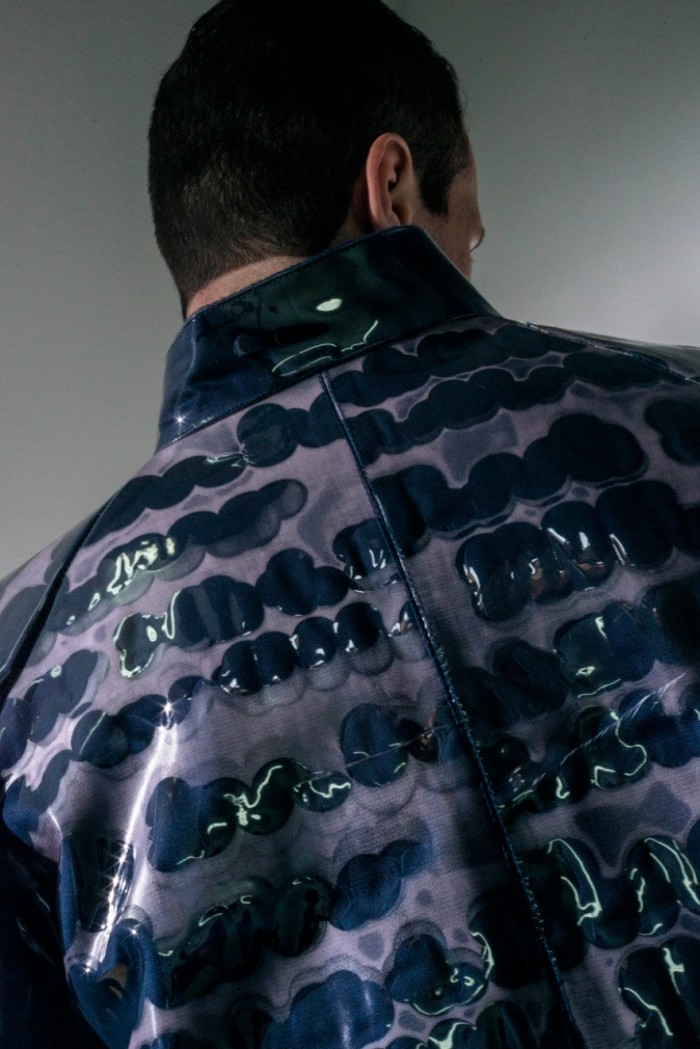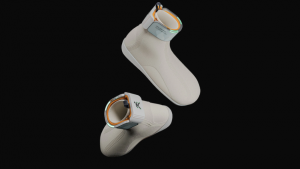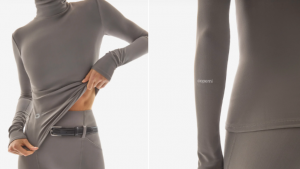
Parsons University graduate Camila Chiriboga comes from a Ecuadorian family embedded in the world of fashion. Some of her earliest memories involve draping herself in the leftover fabrics found in her father’s tailoring factory. This generational influence inspired her to become a fashion designer.
“At Parsons I learned how super powerful fashion can be to create social change,” says Chiriboga.
While completing her studies, Chiriboga was diagnosed with a life-changing kidney disease. After spending some time in the hospital and being unable to independently dress herself, she realised how difficult it must be for people who have spent their entire lives having to depend on others in order to dress themselves.
This experience inspired her to want to create garments for those varying ailments and disabilities. Researching different design prototypes, she learnt how to adapt clothing to different body postures and enhance new ways of movement for the wearers of the garments.
“I wanted to take this a step further and really think about what could inclusive fashion mean?” says Chiriboga.
Working with varying groups of people and listening to what their needs were gave the young designer some insights into why and how she designs.
She thus set out to create Veº.
Veº is an inclusive system of fashion for the blind and visually impaired. It allows people who are visually impaired to understand the garments that they are wearing. It allows them to choose their own clothes and return to them a sense of independence.
Read more:
Re:flex is a material that can be reprogrammed using heat
P Bank is a public toilet facility that offers a solution to the phosphorus scarcity
The Sumo Diaper is an eco-friendly and fully biodegradable diaper






